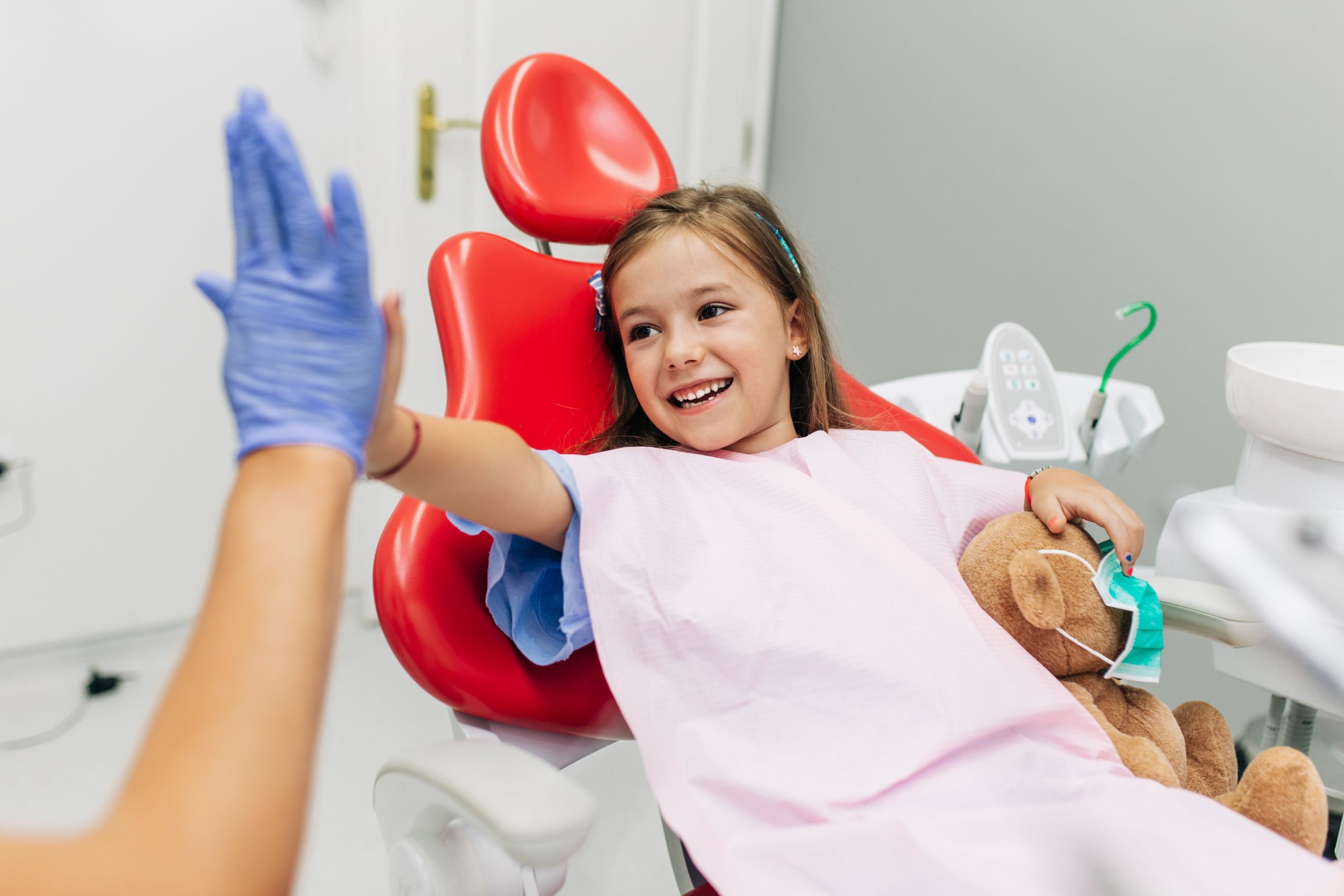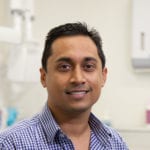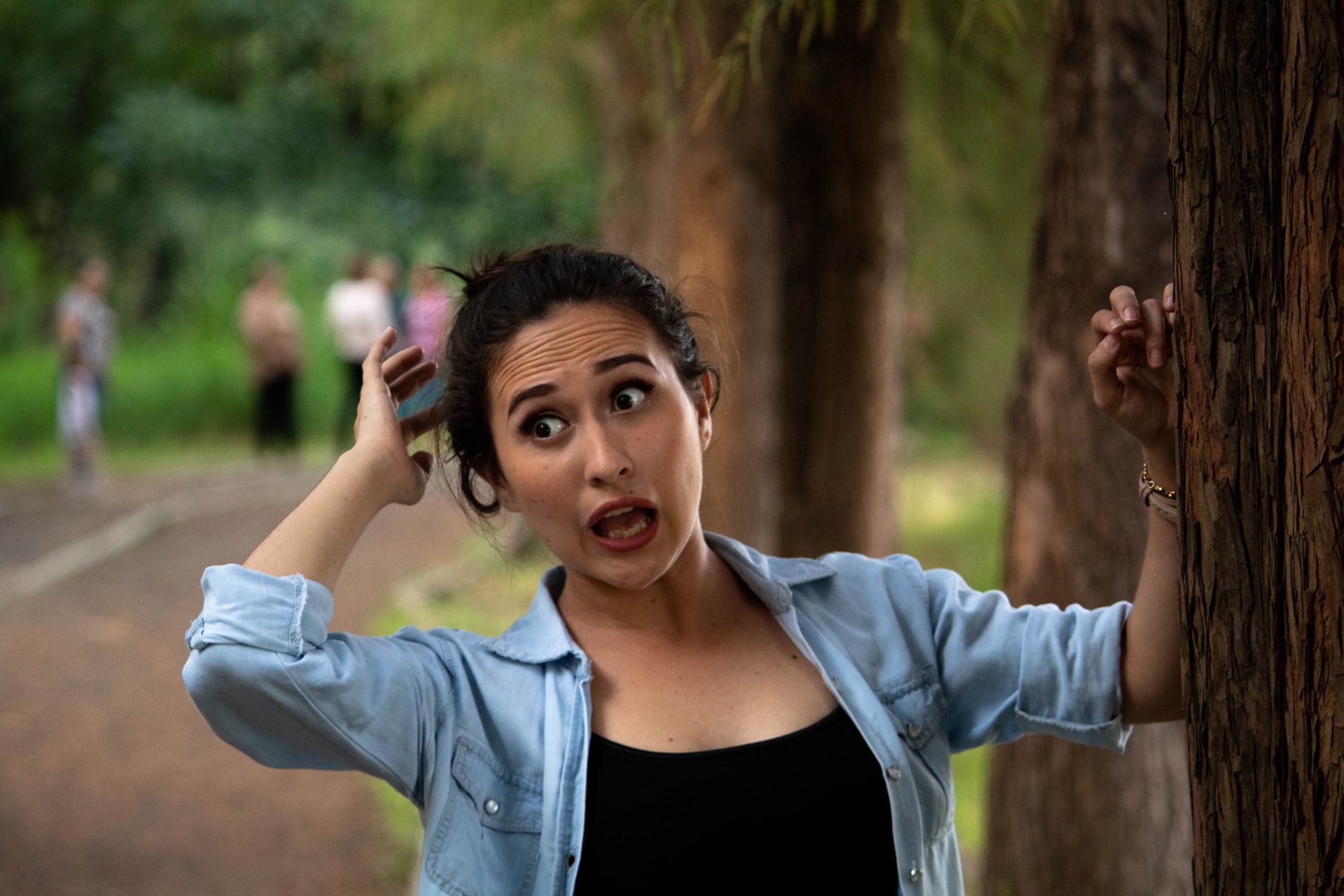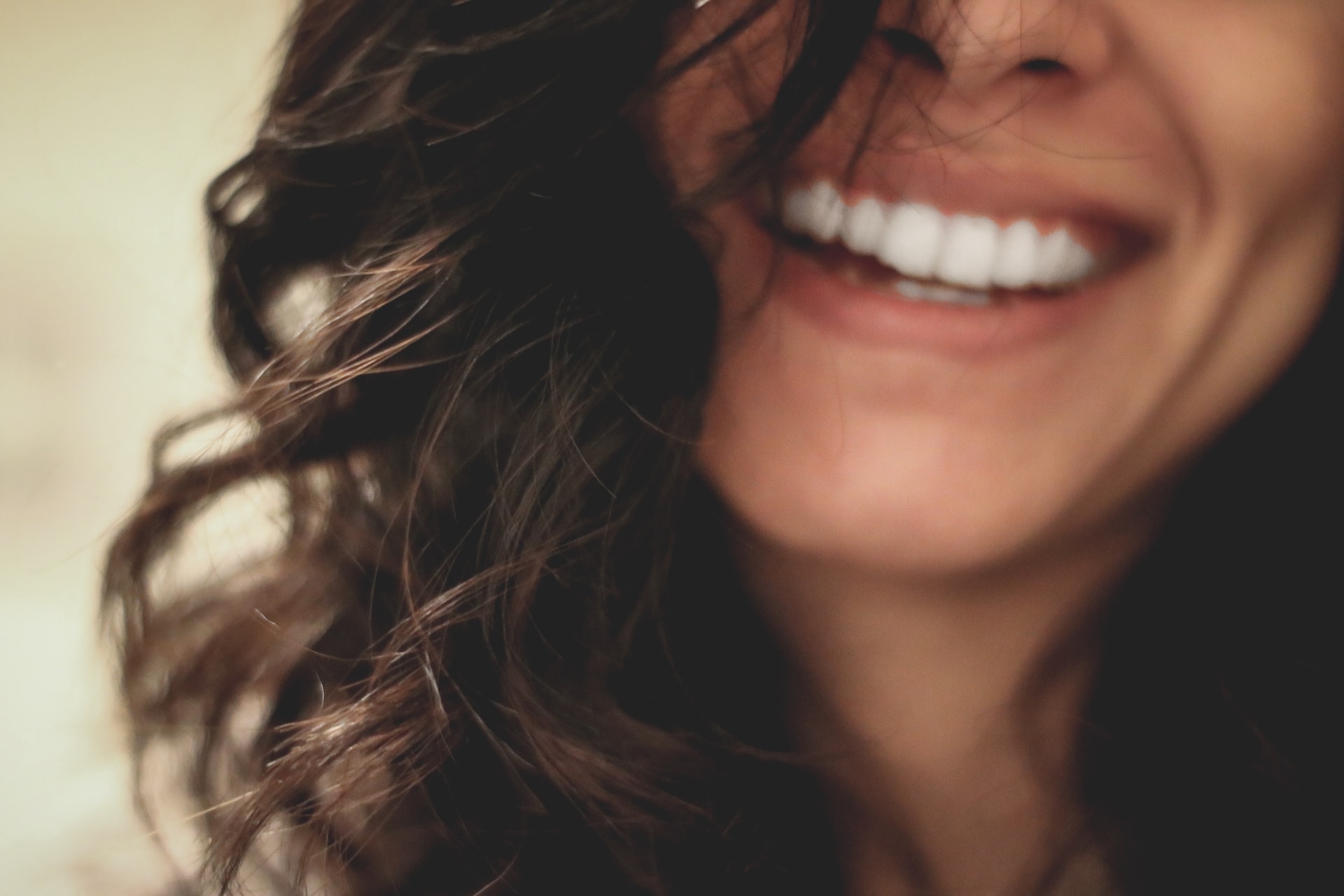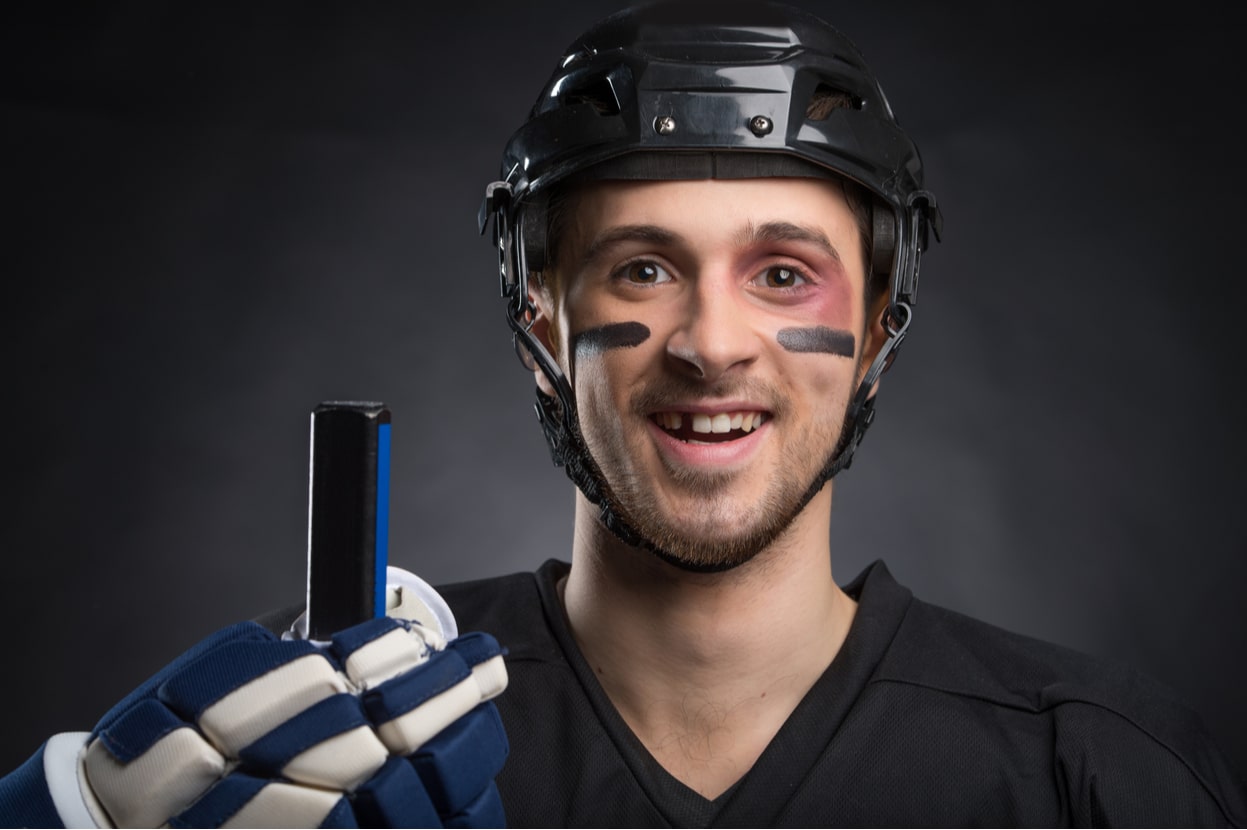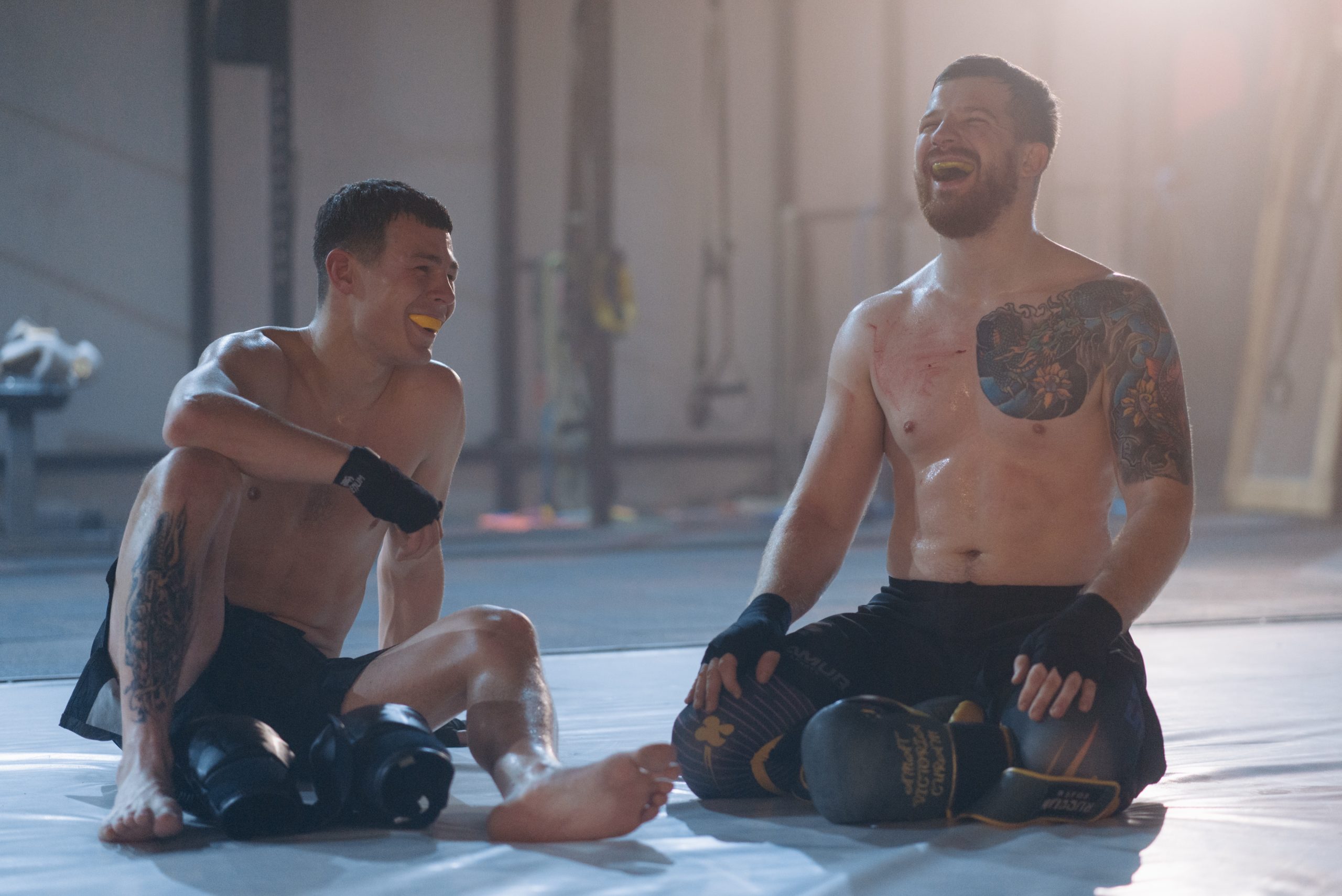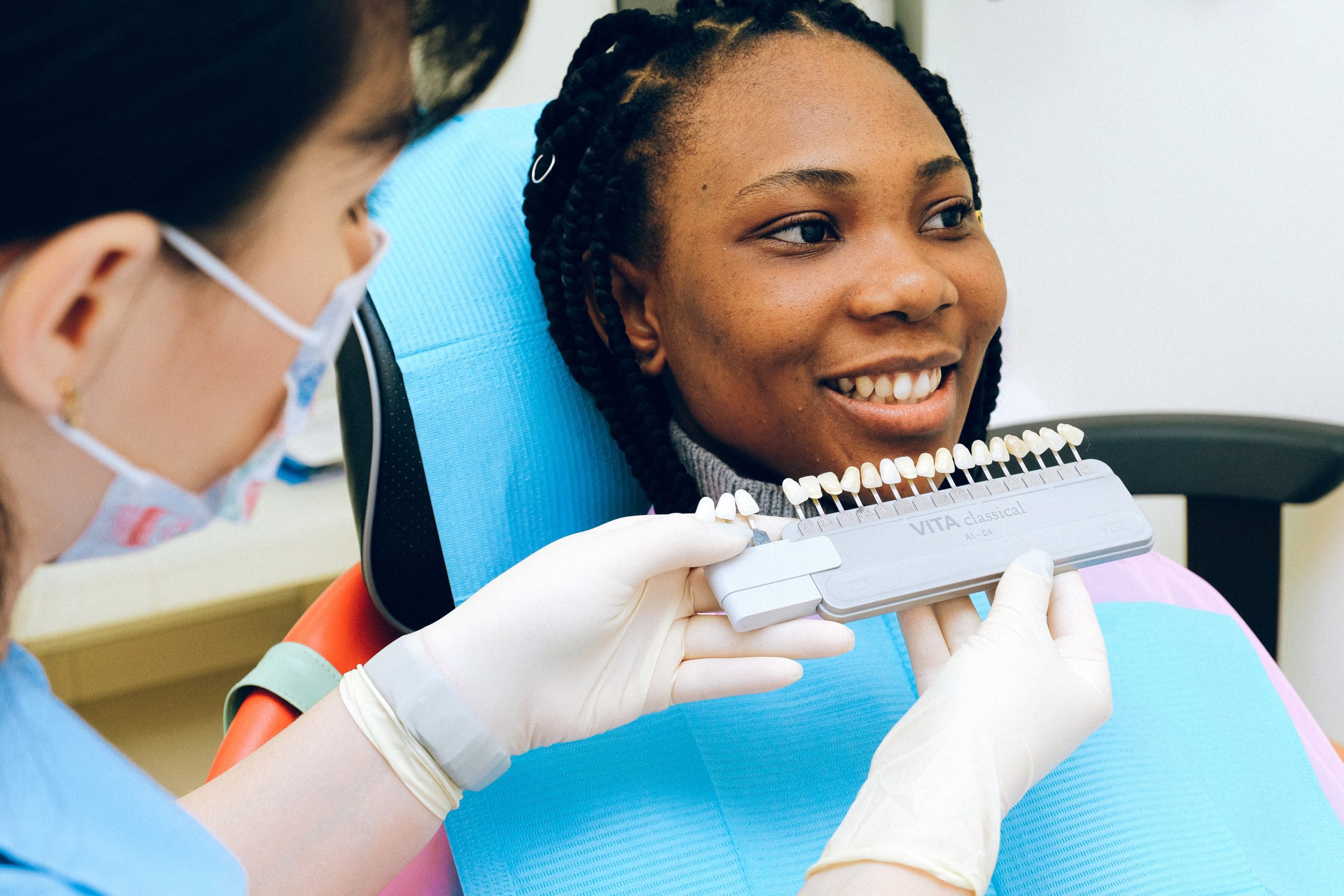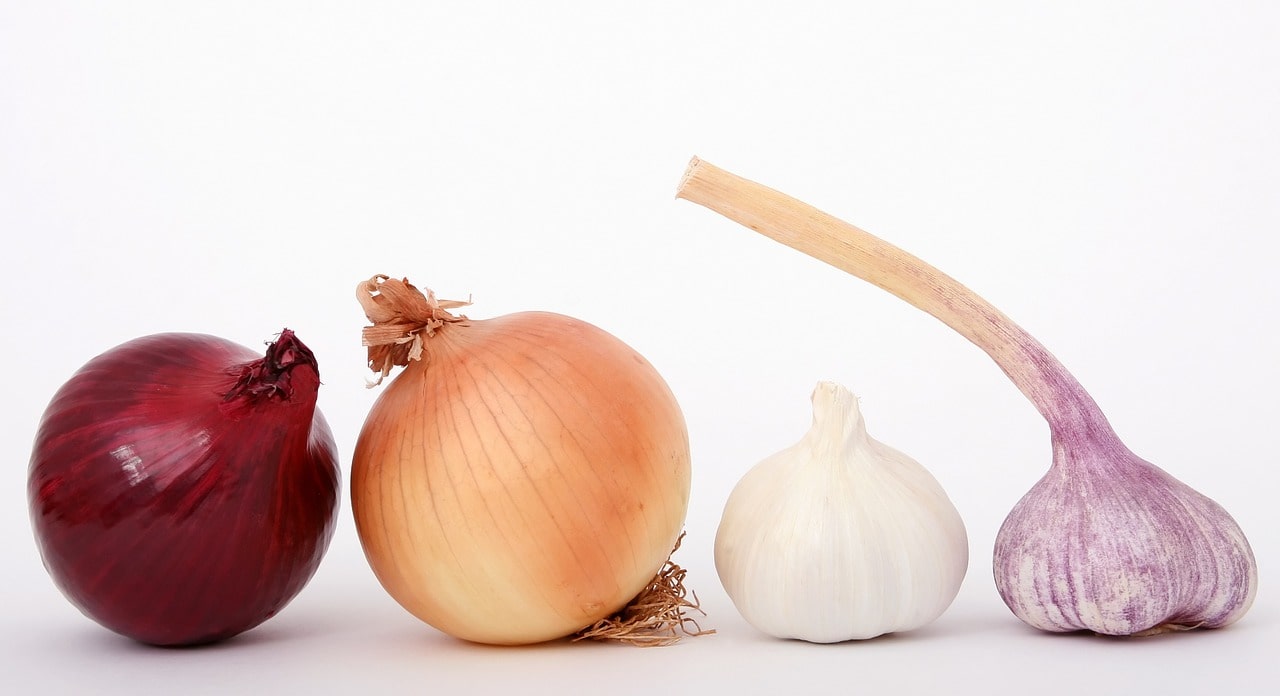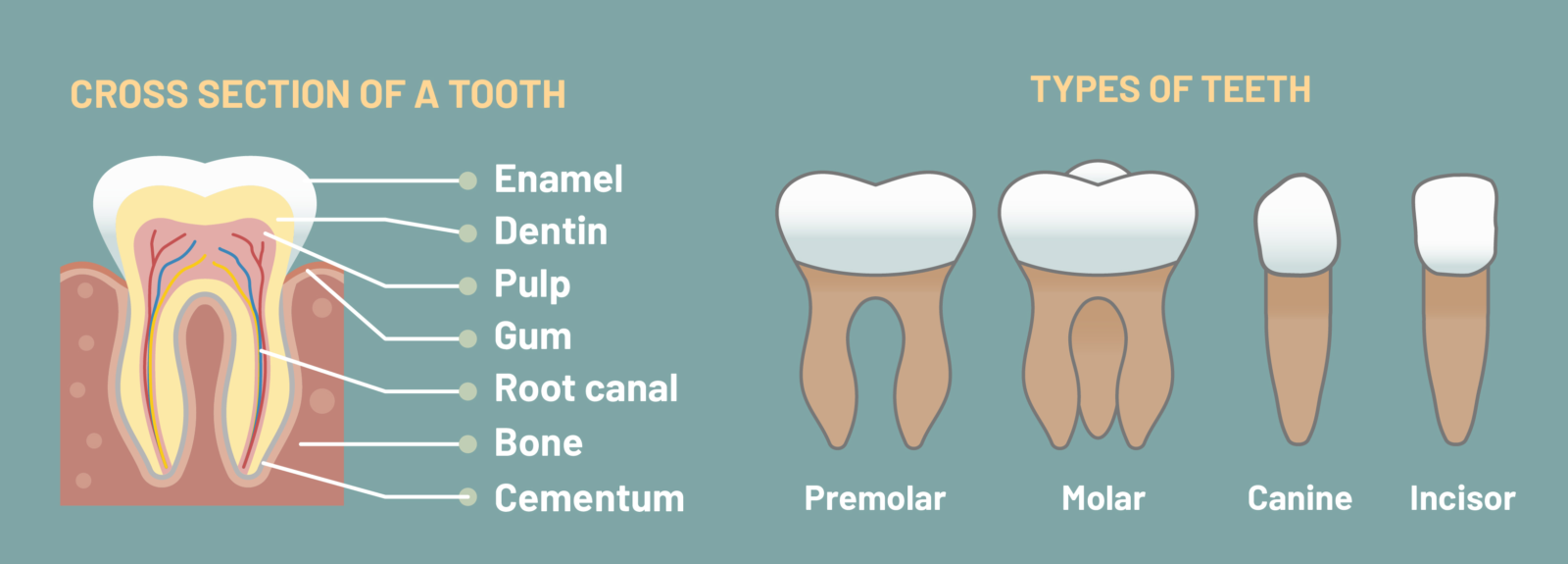As parents, it’s essential to help our children form good oral habits that last them well into adulthood. Sometimes that means overcoming myths we’ve been told over the years or being more proactive about daily habits.
1. Unhealthy baby teeth impact the adult teeth coming in behind them.
If a baby tooth develops a cavity, that decay can spread into the growing permanent tooth about to take its place. It’s crucial to treat areas of decay before they expand from a small area into multiple teeth in your child’s mouth.
2. Early tooth loss can permanently alter their adult smile.
When a baby tooth is lost early, it can’t act as a placeholder and guide for the tooth coming in after it. As a result, the adult teeth may become impacted or erupt in a misaligned manner. If your child has lost a tooth due to an accident or necessary extraction, we’ll discuss a space maintainer to avoid complications.
3. Protecting your child’s smile during athletic activities may lower their risk of a concussion.
Does your son or daughter participate in recreational sports? Chipped and broken teeth are common dental emergencies that we see. Wearing a protective athletic mouthguard can keep their smile safe. But that’s not all. A professionally fitted appliance may help lower the chance of concussions during blunt force injuries.
4. Know how long to help your child brush and floss.
Until your little one has the ability to tie their shoes, you should follow up behind them after they brush and floss. Your child may want to brush independently. However, be sure to go behind them at least once a day to ensure they’ve thoroughly removed all of the plaque and food buildup in their mouth.
5. How early should kids see the dentist?
When it comes to your baby’s first visit it’s easy to assume that nothing needs to be done until they have a full set of teeth. However, oral health is more than just about teeth. It’s about everything inside the mouth including, the gums and lips.
According to the Australian Dental Association, the time for a dental visit is when your baby’s first tooth becomes visible or when they reach 12 months old — whichever comes first. That said, if you notice anything you think is out of the ordinary before this time, it’s better to be safe than sorry and book an appointment.
6. Help make dental hygiene fun.
Practicing good oral hygiene is very important for children to help prevent future dental issues, including tooth decay, infection and tooth loss. If you’re having trouble trying to get the kids to brush their teeth, here are some simple tips to make it a fun experience.
- Allow your kids to choose their own toothbrush. This way they are able to choose their favourite colour or character.
- Let your kids choose their favourite toothpaste.
- Find a fun toothbrush song. This allows you to make sure kids will brush their teeth for 2 minutes.
- Offer a small reward for looking after their teeth. This could be a bedtime story, time at the park, or a fancy sticker. Avoid sugary treats.
7. Make healthy food choices.
Kids who consume a lot of sugary foods and drinks are at a higher risk of developing tooth decay. A national report card released by the Australian Dental Association revealed that just under 25% of children aged 6-14 have tooth decay present in their permanent teeth and that 10% were living untreated.
It’s best to avoid too much sugar, keeping away from fizzy drinks, fruit juice and other full-strength sugary drinks. Limit the amount of sugary treats, such as lollies and chocolate in between meals and if they do have some, make sure they brush their teeth afterwards.
Consider replacing sugary treats with healthier snack options, such as apple slices, fruit and veggies, reduced fat dairy products and whole grains.
8. How often should kids see the dentist?
Just like an adult, your child should visit the dentist every 6 months. Some dentists may recommend visits more frequently, such as 3 months. It is the most optimal amount of time to allow for detection of tooth decay and any other oral health issues in the early stages. This is also a great opportunity for your child to build confidence and comfort in going to the dentist.
Schedule a check and clean for your child every six months. We’ll carefully monitor their teeth and gums to intervene before serious oral health problems have a chance to pop up.
